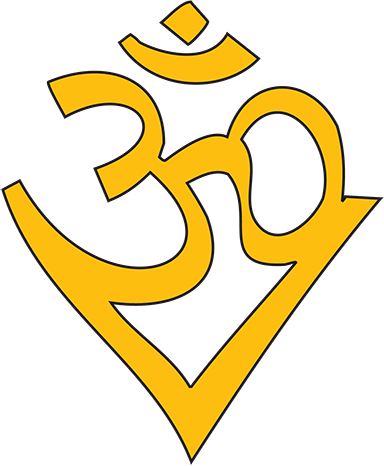Time in Hindu traditions is divided into 4 Yugas or time spans. They are Sat Yug, Dwapar Yug, Treta Yug and Kali Yug. There is a huge gap of years between the four time spans. In the Treta Yug, tens of thousands of years ago appeared Lord Rama. The Ramayana is the story of Lord Rama and to this day every child grows up listening to the stories of Ramayan. From Indonesia to Vietnam to Trinidad and Guyana and many other countries Ramayana is still being presented in the form of drama. We all know the story but we still never get tired of listening to its recital. Ramayana also talks about a sophisticated civilisation with planned cities and established mechanisms of proper governance. Lord Rama’s children established kingdoms as far as Ethiopia. In the ritual of getting a young child to sleep, parents and grandparents still tell them the story of Ramayana. It is also believed that a child in the womb of a mother can also listen to and pick up the vibes of the mother. That is why pregnant women used to read Ramayana or other spiritual literature. Modern Science confirms the ability of a baby in the womb of a mother to connect to her thoughts and vibes. During this lockdown Ramayana is being telecast in India attracting huge audiences. It is incredible that a legend that happened hundreds of thousands of years ago continues to inspire and guide people all over the world even today.
Another great legend is the Mahabharat. An epic account of a struggle between good and evil. An event that took place over 5000 years ago and which culminated in the actual first world war. It is the longest poem ever written. It is said that there is no human experience that is not covered by this epic. Politics, Royal intrigue, shifting loyalties, deceit, warfare, diplomacy, a huge array of individuals with many human frailties and weaknesses, saints, sages, formidable women characters, it had everything. Virgin births, embryo transfers, babies born without being in a mother’s womb also feature in the Mahabharat. Weapons that could turn days into nights and missiles that could reach their target thousands of miles away are all there. It also mentions giant Human beings. This was all 5000 years ago! To make sense of all this and to understand the purpose of life, reincarnation, the science behind the creation of the universe, the three modes of material nature, understanding the body and the eternal soul, a dialogue takes place between Lord Krishna and greatest archer Prince Arjun. This dialogue takes place on a battlefield and its compilation is known as the Bhagvad Gita, the holy book of the Hindus. Thus legends galore in India. Legends that have mesmerised great philosophers and thinkers of the world.
Here is what some of them have said:
- Mark Twain ( 1835 to 1910),celebrated American writer said: India is the land of religions, cradle of human race, birthplace of human speech, grandmother of legend and great grandmother of traditions.
- Will Durant ( 1885-1981) American Historian: India was the motherland of our race and Sanskrit the mother of Europe’s languages. India was the mother of our philosophy, of much of our mathematics, of the ideals embodied on Christianity, of self-government and democracy. In many ways Mother India is the Mother of us all.
- Friedrich Hegel ( 1770-1831) one of the greatest German philosophers said: It strikes everyone in the beginning to form an acquaintance with the treasures of Indian literature, that a land so rich in intellectual products and those of the profoundest order of thought.
- British Historian Dr. Arnold Toynbee ( 1889-1975) said: It is already becoming clear that a chapter that has a Western beginning will have an Indian ending if it is not to end in the self-destruction of the human race.
So as I finished this piece and was ready to send it to Facebook, I found out that Indian Ruchi Sanghavi was Facebook’s first female engineer. She and her team worked on the first iteration of what was to become the mainstay of Facebook, the news feed. Her team also created the first iteration of Facebook’s complicated privacy control!
Nitin Mehta
Surat 7 April 2020
